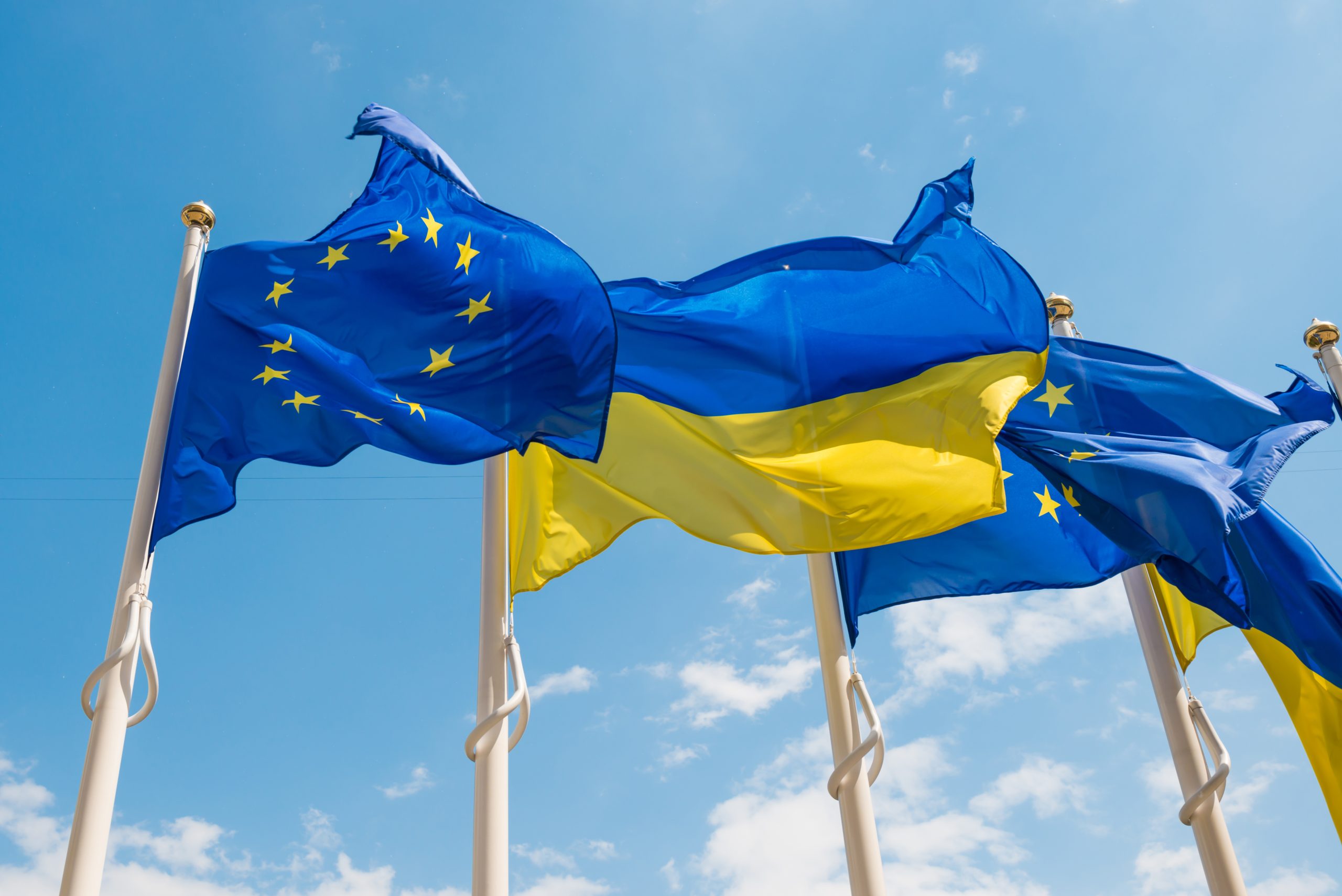- In war, the ‘right’ side does not always win. Ukraine could lose. Western action (or inaction) suggests that governments are not worried enough about the consequences of Ukrainian defeat.
- In wars of attrition, sooner or later one side will run out of the resources or resolve to carry on. Ukraine has run short of manpower and munitions – though the US House of Representatives’ approval of a new aid package will help with the latter problem. Russia started with more of both troops and materiel, and having put its economy and society on a war footing, it is now recruiting more troops than Ukraine can, and providing them with more equipment and ammunition than the West is supplying to Ukraine.
- Russia is also making progress on the political battlefield in the West. In the US, Donald Trump would apparently try to force Ukraine to give up territory if he were elected president in November. In Europe, parties with close ties to Russia are expected to do well in elections to the European Parliament in June.
- Unless forced to do so, Putin is unlikely to stop short of his objective of destroying Ukraine as a sovereign state. The West must understand the implications if Russia were able to achieve such a victory:
- a vastly increased threat to the rest of Europe from a militarised Russia that might even be tempted to test the solidity of NATO’s Article 5 guarantee, particularly if Trump were president;
- increased cross-border organised crime and arms-smuggling from Ukraine;
- migration of millions more Ukrainians to Europe, fleeing from the kind of atrocities already seen in occupied areas of Ukraine;
- significant damage to global food security, driving migration from vulnerable countries in the Middle East and Africa that have been major markets for Ukrainian food exports;
- global nuclear proliferation, as countries conclude that having nuclear weapons provides more reliable security than promises of help from allies;
- diminished international influence for the West, and increased influence for Russia and China.
- Ukraine’s defeat is not inevitable, provided it gets more help. The West must increase its defence industrial capacity rapidly. Finance ministries must find ways to facilitate this now, even at the expense of higher deficits in the short term.
- Since increasing defence production will take time, the West should raid its stocks. Countries that face no immediate threat should give more to Ukraine.
- The West should also give Ukraine more ability to strike at military and defence industrial targets deep inside Russia. Oil refineries should not be off limits: they provide the Russian war machine with fuel and the Russian government with revenue.
- Sanctions enforcement should be tightened, both by targeting Western producers of sensitive items who turn a blind eye to Russia acquiring their goods via third countries, and by putting more pressure on Russia’s ‘shadow fleet’ of oil tankers.
- The West should not allow Putin to frighten it. He has learned that issuing threats, especially nuclear threats, can delay or deter Western help for Ukraine. Macron was right to say that the deployment of Western troops in Ukraine should not be ruled out. If Western aircraft can be used to defend Israel from Iranian drones and missiles, they can be used to defend Ukraine.
- There is unlikely to be Western consensus on more direct involvement in the conflict. But there is no good alternative. Confronting Russia in eastern Ukraine would be terrible, but better than confronting it later on NATO territory.
- Ukraine may not have been a vital strategic interest for the West before 2014, but once Putin had annexed Crimea, he transformed it into one. Europe will never be secure as long as Russia can pursue Putin’s imperial dream; Ukraine’s victory would be the most important step towards ending it.
About the Author
Ian Bond has been the deputy director of the Centre for European Reform since November 2023. He joined the CER as foreign policy director in April 2013. Prior to that, he was a member of the British diplomatic service for 28 years.


